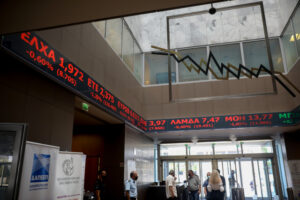Media outlets and journalists who express criticism of Turkish President Recep Tayyip Erdogan are facing a noticeable decrease in their visibility on YouTube and Google. Additionally, there has been a substantial decrease in the viewership of content produced by critical media outlets. At first, this trend was ascribed to waning political engagement among supporters of opposition parties following Erdogan’s re-election on May 28. Nevertheless, suspicions have since arisen that algorithmic methods are being employed to enforce a kind of censorship.
Particularly on YouTube, the most influential factor affecting the viewership count of a program is the recommendation to users. This is determined by an algorithm based on viewers’ previous habits, subscriptions and search history, which then presents videos on the home page. If a video is not recommended on the YouTube homepage, the likelihood of that video receiving a large number of views is significantly low.
Investigative journalist Adem Yavuz Arslan, who moved to the United States due to pressure from the Erdogan regime, has stated that readers have informed him that his YouTube channel is not being recommended. Arslan’s channel has been banned by the government in Turkey, but the video can be watched if the link is clicked. Arslan shared on X, formerly known as Twitter, that a viewer recounted being unable to access the video despite receiving a notification about the upload of a new video.
Continue here: Nordic Monitor
Ask me anything
Explore related questions





